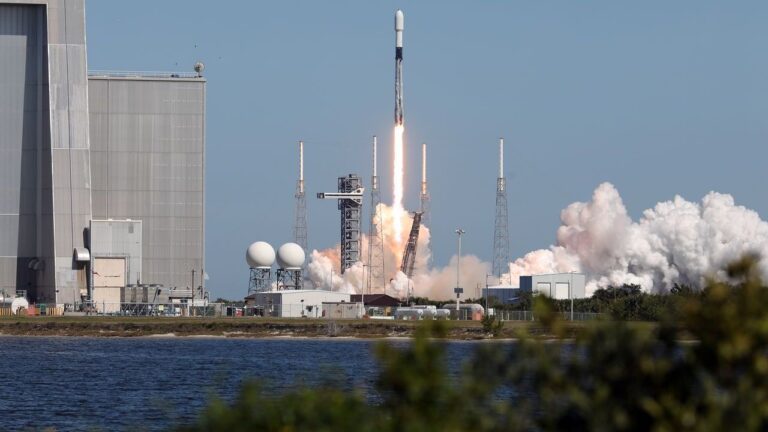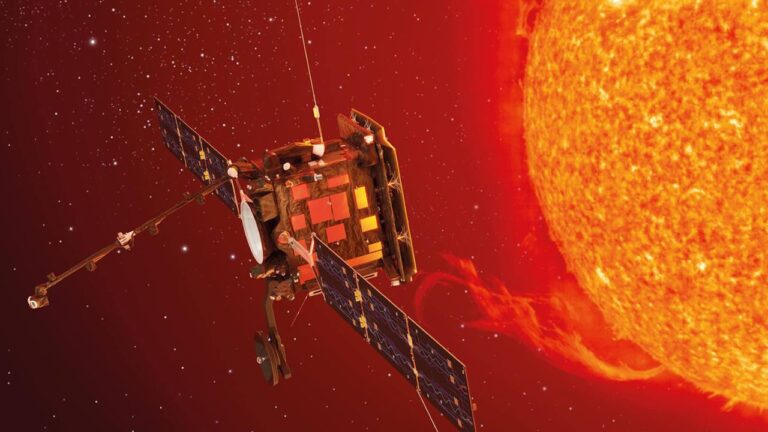
On June 26, Earth observation company Planet revealed it is laying off approximately 180 employees, accounting for 17% of its workforce, to streamline costs and improve operational efficiency. The announcement was made in a filing with the U.S. Securities and Exchange Commission (SEC), where the company emphasized its commitment to aligning resources with market opportunities and supporting long-term growth and profitability.
Focus on Operational Efficiency
Planet’s statement to the SEC highlighted that the layoffs were part of an ongoing strategy to enhance operational efficiency. However, the company did not provide specific details about which roles or locations were affected. When asked for further information, a company spokesperson referred back to the SEC filing.
Recurrence of Layoffs
This recent layoff is the second significant reduction in staff by Planet within a year. In July 2023, the company laid off 117 employees, representing about 10% of its workforce at the time. The rationale given for that layoff mirrored the current situation, citing the need to focus on high return on investment (ROI) opportunities and reinforcing the path to profitability amid rapid growth and broader economic challenges.
Financial Implications
While Planet did not disclose the anticipated cost savings from the latest layoffs, it estimated incurring charges between $9.5 million to $10.5 million for severance and other termination costs. The company operates on a non-standard fiscal year, currently in its 2025 fiscal year ending January 31, 2025.
Financial Performance and Projections
Earlier this month, Planet reported record quarterly revenue of $60.4 million for its fiscal first quarter ending April 30. Despite the high revenue, the company also reported a net loss of $29.3 million and an adjusted earnings before interest, taxes, depreciation, and amortization (EBITDA) loss of $8.4 million for the quarter. For the second quarter, Planet projects revenues between $59 million and $63 million with an adjusted EBITDA loss of $7 million to $10 million. Importantly, the company confirmed it is not adjusting its earlier financial guidance despite the layoffs.
“We continue to make progress towards our target of achieving adjusted EBITDA profitability in Q4 of this fiscal year,” said Ashley Johnson, president and chief financial officer of Planet, in a statement about the quarterly financial results. The company reported having $276 million in cash on hand and no debt.
Future Plans and Innovations
Looking ahead, Planet is preparing to launch its first hyperspectral satellite, Tanager-1, on SpaceX’s Transporter-11 rideshare mission in July. In March, the company announced a $20 million agreement to provide hyperspectral data to the Carbon Mapper consortium for tracking greenhouse gases, highlighting its continued investment in innovative technologies and data solutions.
Planet’s ongoing adjustments and focus on profitability reflect broader trends in the tech and space industries, where companies are navigating economic uncertainties while pushing for innovation and market leadership.






